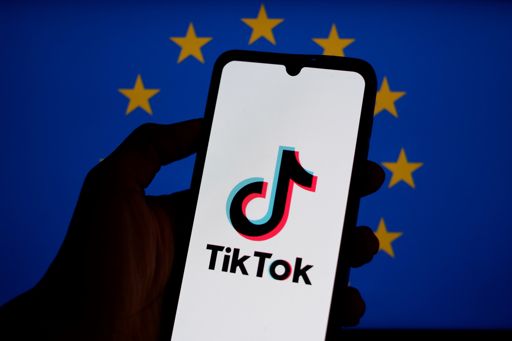from Hotznplotzn@lemmy.sdf.org to cybersecurity@sh.itjust.works on 22 Jun 2025 17:03
https://lemmy.sdf.org/post/37220837
cross-posted from: lemmy.sdf.org/post/37220836
In December 2024, evidence came to light that “foreign actors” had mounted a coordinated TikTok campaign during Romania’s presidential election to garner support for pro-Russian candidate, Calin Georgescu. As a result, the European Commission opened formal proceedings against TikTok and a Romanian court annulled the first round of the election.
Although the investigation postponed Romania’s vote until spring 2025—and moderate candidate, Nicusor Dan, ended up the victor—this development illustrates that Russian backing is allowing populist parties to exploit TikTok algorithms in favour of their own agenda in Europe. But such interference is not confined only to the continent’s east: during Germany’s February 2025 federal election, fact-checking organisations in the country reported at least 200 cases of false political statements being made on the platform. Evidence also shows that, in the recent presidential election in Poland (which returned the right-wing candidate Karol Nawrocki) the TikTok algorithm heavily favoured right-wing content over other political themes.
Indeed, according to a recent German study, Germany’s TikTok users are particularly receptive to Russian and Chinese disinformation, and far more likely to believe anti-Western and pro-authoritarian narratives that overlap with the messages of populist parties. In Germany, TikTok’s most active and dominant political party is the far-right Alternative for Germany (AfD), with the populist Sahra Wagenknecht Alliance (BSW) gaining ground. Given that TikTok is primarily used by young people in Germany (around 70% of 16 to 29-year-olds), this demographic is most at risk from nefarious actors utilising TikTok’s algorithm to gain political and social advantages, and push populist parties more aligned with their agendas.
But, for the actors behind the campaigns, capturing a young audience is just the beginning. For those propagating disinformation, their aim is to polarise societies, undermine trust in democratic institutions and strengthen political actors sympathetic to their agendas.
[…]
Chinese ownership of the tech giant ByteDance, the parent company of TikTok, poses a different but still serious security risk. Private messages on TikTok are not end-to-end encrypted and, even if an app store has checked and approved its installation, future app updates may contain malware. Since Chinese companies such as ByteDance are under the influence of the Chinese Communist Party (CCP) (and the corporation collects vast amounts of user data, which it must make available to the Chinese authorities on request) the access to user information on ByteDance’s apps like TikTok more easily enables Beijing to actively gather data on the US and European citizens. In this respect, TikTok enabling access to information such as mobile location tracking data could offer China broader strategic geopolitical advantages.
[…]
Europe needs to take proactive steps to safeguard its digital ecosystem. A TikTok ban is a last resort, but the risks posed by disinformation, algorithmic manipulation and foreign surveillance are too great to ignore. Better coordination between EU institutions and national authorities is required, as well as significant increases in the resources of enforcement agencies and regular training for staff handling digital regulation.

threaded - newest